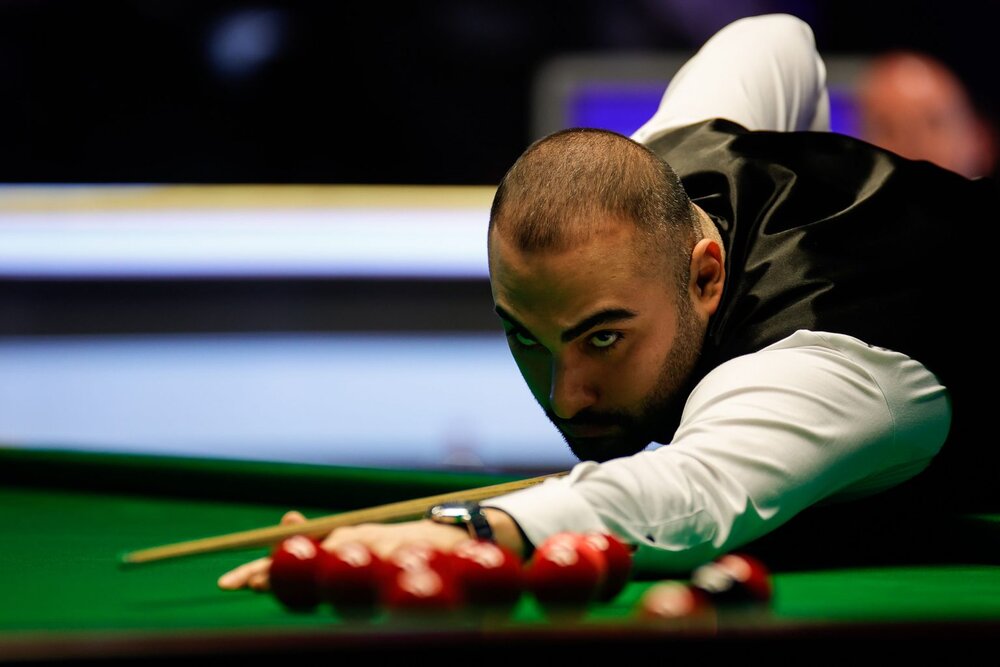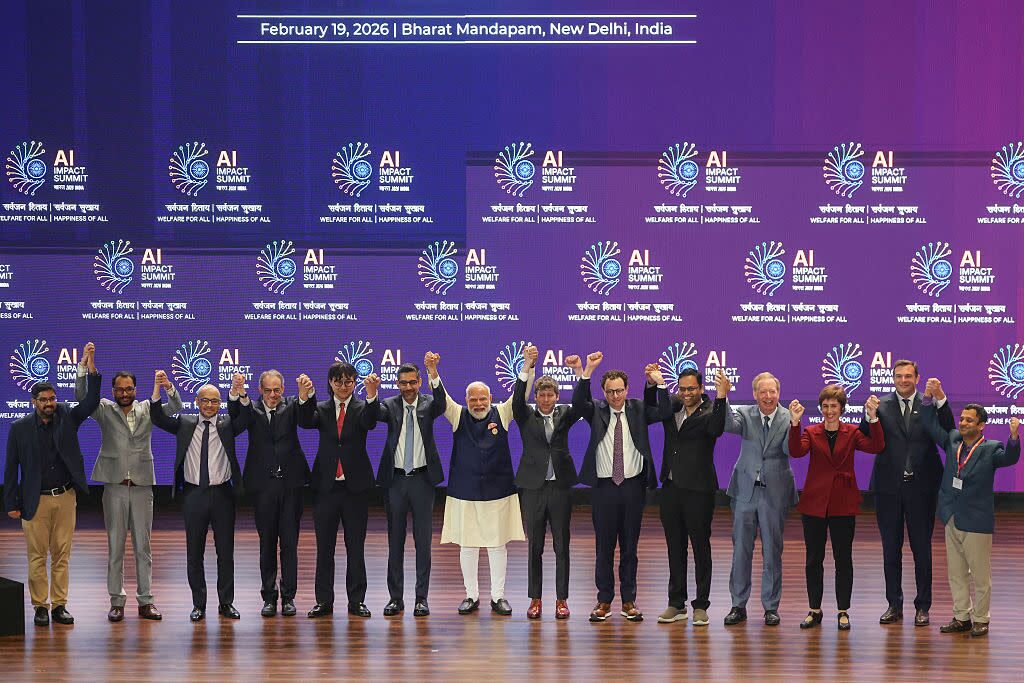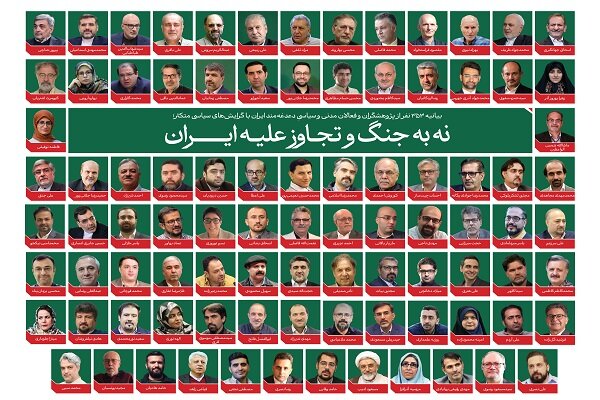Silent on Sisi: Bassem Youseff makes a ‘safe’ return to Egyptian TV screens
Silent on Sisi: Bassem Youseff makes a ‘safe’ return to Egyptian TV screens

Two seemingly unrelated media spectacles have caused substantial hubbub in Arab culture over the past month.
The first was an enormous controversy ignited by the inclusion of American comedians in the Riyadh Season.
On a more regionally relevant level, the second was the unanticipated return of Egyptian comedian Bassem Youssef to Egyptian TV.
Both events were framed by optimistic pundits as the dawn of a new era of loosening censorship in two of the most autocratic countries in the region.
Seen within the larger economic context of both nations, however, the picture looks far more muddled.
The curious case of Bassem Youssef and the cautionary tale of the Riyadh Season provide a snapshot of two competing cultural scenes.
Each torn between an unquenchable thirst for control and the temptation of a market with huge economic rewards.
The rise and fall of El Bernameg
From 2012 to 2014, cardiac surgeon turned YouTuber Youssef was the most popular man in the Arab world.
A product of the 2011 revolution and the newfound freedom of the time, Youssef was an instant smash with his Daily Show-styled political comedy.
He quickly secured TV deals with privately owned channels that would later be consolidated by the Sisi regime.
Youssef’s El Bernameg (The Programme) was a sensation: brazen, inventive and uncouth satirical news that took aim at the successive ruling regimes: Mubarak, the Muslim Brotherhood and then the military regime of Abdel Fattah el-Sisi.
It was, and remains, the most daring TV show the Arab world has ever produced: a document of the short-lived, hard-earned liberty, briefly realised by the 2011 revolution.
Youssef was not only the regime’s most impactful critic; he was the voice of a new and free nation toiling to safeguard its right to self-determination.
The failure of the revolution and Sisi’s ascent brought an abrupt end to El Bernameg. Its cancellation was extensively documented in Youssef’s stand-up routines, interviews, and the 2016 documentary Tickling Giants.
The acerbic criticism that Egyptians once cheered during the brief Muslim Brotherhood era was outright rejected when it began to target Sisi.
When the military commander officially assumed the presidency in June 2014, El Bernameg was terminated.
Under the new president, the show’s production company had its offices raided and employee computers were confiscated.
Youssef himself was charged in court and punished with a $10m fine.
In November 2014, Youssef fled to Dubai and, in 2015, permanently relocated to the US.
The comeback
Several projects followed: a series on vegan diets, a satirical show about American politics, and bit parts in Netflix’s Mo, Hulu’s Ramy, and Paramount’s Lioness.
All, however, were dwarfed by the legacy of El Bernameg. Youssef found firmer footing with a string of stand-up performances, the most successful of which, in Arabic, partially retold his journey from Egypt to the US.
It wasn’t until his thunderous interview with Piers Morgan on 17 October 2023, just two weeks after 7 October, that Youssef finally succeeded in recapturing the public imagination, thanks to his quick-fire lines and carefully articulated arguments that valiantly challenged the pro-Israel narrative dominant at the time.
Egyptian comedian Bassem Youssef criticised calls for Arab countries to take in Palestinians during an interview on Piers Morgan Uncensored on Wednesday, saying that it is “the worst solution” and that it is “exactly what Israel wants.” pic.twitter.com/8iepuDR2QU
— Middle East Eye (@MiddleEastEye) November 2, 2023
For Arabs, Youssef was once again an idol; the voice of the oppressed and the repressed making a splash on some of the world’s biggest media platforms.
More interviews followed as his reputation began to soar beyond the borders of the Arab world.
Over the past couple of years, Youssef finally succeeded in reinventing himself, becoming one of the most vocal and influential defenders of the Palestinian cause in the West.
In light of his newfound global popularity, Youssef’s return to Egyptian TV is all the more baffling.
On closer inspection, however, the signs may have been on the wall after all.
For several years now, Youssef has stopped commenting on Egyptian affairs, whether on the dismal human rights conditions or the collapsing economy.
He became unconcerned with freedom of expression in the region as his focus shifted to his recently adopted home.
The Saudi collaboration
Eyebrows were raised when the giant Saudi TV network MBC announced Youssef’s participation in the seventh season of Arabs Got Talent last year.
Saudi Arabia’s sovereign wealth fund owns 54 percent of MBC, which has never been free from government intervention.
Before 7 October, when Riyadh was edging closer to signing the Abraham Accords with Israel, MBC was accused of attempting to pave the path for normalisation through several Ramadan programmes in 2020.

Youssef never justified his participation in Arabs Got Talent, and the whole affair was swept under the rug, until his Egyptian TV comeback last month.
The announcement arrived on the heels of the surprising presidential pardon of prominent activist Alaa Abd el-Fattah, Egypt’s most famous political prisoner, who spent the better part of the past decade in detention.
Abd el-Fattah’s release was initially seen as a potential sign of further political freedom.
Yet the detention of activists and TikTokers never stopped.
Mada Masr, Egypt’s most respected independent digital media platform, has reported numerous arrests of activists since Abd el-Fattah’s release.
Moreover, 131 protesters remain in prison after two years for expressing solidarity with the Palestinian cause and rejecting the Gaza genocide.
Admittedly, however, there is a discernible loosening of censorship compared with previous years.
Broadcast media is now making a habit of criticising the government’s performance, and more high-profile media commentators are bemoaning the absence of political opposition.
There was much speculation about what Youssef would say on Egyptian TV, with some commentators hailing his return as another tangible sign of the long-awaited democratisation of Egyptian media.
In the end, though, it was much ado about nothing.
A shift from domestic to international
Over the course of four episodes, Youssef spoke as an American citizen, focusing on Palestine, Israel, and US complicity in the Gaza genocide.
All associated subjects were tackled: Christian Zionism, Netanyahu’s alleged blackmail of American presidents over their sex lives (Monica Lewinsky, the Epstein files), media blackouts, post-truth culture, the alarming rise of AI, and the ignorance and racism of Republicans.
For anyone closely following American politics, there was nothing remotely revelatory or new in Youssef’s episodes.
And given the overwhelming sympathy of the Arab public for Palestine, the show came off as hollow preaching to the converted.
Youssef conspicuously refrained from discussing his nightmarish exit from Egypt or any issues related to the country’s internal affairs.
“You understand that I’m a semite myself, right?”
— Middle East Eye (@MiddleEastEye) April 11, 2024
While speaking to Channel 4 in an interview that was published on Thursday, Egyptian-American comedian Bassem Youssef responded to antisemitism accusations and said such accusations have become “devoid of anything, of meaning”. pic.twitter.com/BFn2RIfMr0
He was speaking as a foreigner, solely fixated on America.
Episode one made some headlines, but Egyptians quickly lost interest and barely tuned in for the rest of the series.
Youssef saw the backlash coming, preemptively stating in episode one that “he’s no longer the Bassem of 2011” - no longer the Bassem the generation of the revolution hoped he would remain.
At the end of the series, Youssef made sure to thank United Media Services (UMS), the intelligence-owned conglomerate that has been monopolising Egypt’s media landscape for the past nine years.
The Riyadh Comedy Backlash
Youssef’s comeback show rolled out in tandem with the Riyadh Comedy Festival from 26 September to 9 October, the multi-million-dollar fair organised by the Saudi government that featured some of America’s biggest comedians, including Louis CK, Dave Chappelle and Kevin Hart, to name a few.
The participation of the American comedians caused a stir in the western press. Critics accused them of hypocrisy: attacking America’s receding freedom of speech while performing in a country that continues to prosecute activists and journalists.
Comedian Atsuko Okatsuka dropped a bomb when she published alleged contracts drafted by Riyadh's General Entertainment Authority.
'You can say whatever you want about the Egyptian regime, about the Saudi regime, but they did not assist in billions of dollars in genociding a whole nation in front of our eyes'
- Bassem Youssef
A screenshot of the agreement stipulated the following:
“ARTIST shall not prepare or perform any material that may be considered to degrade, defame, or bring into public disrepute, contempt, scandal, embarrassment, or ridicule:
A) The Kingdom of Saudi Arabia, including its leadership, public figures, culture, or people; B) The Saudi royal family, legal system, or government; and C) Any religion, religious tradition, religious figure, or religious practice.”
On the popular American podcast Lovett or Leave It and later on his YouTube channel, Youssef rebuffed criticism of the participating American comedians, stating that when it comes to Palestine, the US represents a greater evil than Saudi Arabia.
“You can say whatever you want about the Egyptian regime, about the Saudi regime, but they did not assist in billions of dollars in genociding a whole nation in front of our eyes,” he said.
Youssef’s logic is morally flawed. Saudi Arabia and Egypt may not have directly aided the Gaza genocide, but both committed serious actions that caused immense suffering for Palestinians.
Furthermore, not funding the genocide is hardly an excuse to turn a blind eye to the human rights abuses that Youssef himself was once subjected to.
In Egypt, perceptions of the Riyadh festivities are starkly different from Youssef’s.
In October, Turki al-Sheikh, chairman of the General Entertainment Authority, announced that no Egyptian plays would be featured in the upcoming Riyadh Season, dealing a blow to Egyptian performers who had found a lifeline in the lucrative Saudi gigs.
Sheikh has positioned himself as the most powerful figure in Arab entertainment, acting as a watchdog over every Saudi institution fighting for autonomy. He incurred the ire of Egyptians after ridiculing comedy icon Mohamed Sobhi and later pulling a TV series off MBC’s streaming platform Shahid after one of its principal actors hit back at him.
Shortly after 7 October 2023, comedian Mohamed Sallam pulled out of a comedy play scheduled for the Riyadh Season that same month, justifying his decision by saying, “I can’t joke around when our brothers are being killed.”
Sallam’s position did not go unpunished. He vanished for the next two years, only resurfacing last October with a new limited series on Watchit, Egypt’s leading streaming platform.
A fallen advocate
Youssef did not factor in any of these incidents in his shaky defence of Saudi Arabia. A number of gifted artists are fighting for more liberties in the kingdom - especially in cinema, where acclaimed independent productions such as Night Courier (2023) and Hijra (2025) are stretching the parameters of censorship.
The battle for artistic liberty is certainly not the work of Turki Al-Sheikh, and Youssef’s stance thus thoroughly undermines the efforts of these independent artists.
The same goes for Egypt. After weathering the economic storm of 2022 that wiped out the nation’s entire middle class, the current regime has stabilised, knowing that the public no longer has the desire or stamina to change it.
Media and arts are starting to reap the benefits of this gradual but slow unchaining, although the incessant clampdown on TikTokers illustrates the staunch conservatism of a regime nowhere near as modern or progressive as it imagines itself to be.
The economy is the obvious force at the heart of the conflict between the plodding push for freedoms and the simultaneous targeting of dissident voices.
Entertainment and sports are fundamental to the Saudi Vision 2030 project, lending the kingdom substantial visibility and prestige.
Yet maintaining order and quelling potential avenues for rebellion remain paramount to the survival of the Saudi royal family.
Egypt is similarly caught between a rock and a hard place. TikTok and entertainment represent significant sources of revenue for an administration still wary of its recent economic failures.
Yet they also embody the desires of a people yearning for freedoms - economic, social, and sexual - too great for the pious patriarchs in power to tolerate.
The current administration may no longer feel threatened by the faint and disorganised opposition, yet, like its Saudi counterpart, it still deems any organised pushback - such as the Gaza protests - dangerous and a potential spark for snowballing discord that must be kept in check.
In light of these complex realities, Youssef’s reductive comments and underwhelming comeback prove that he has lost touch with the Arab world. He has chosen to fight for Palestine while turning a blind eye to injustices not just in Egypt and Saudi Arabia, but in Sudan and other battered parts of the region.
Youssef was a hero for many, and his turbulent exile, which led him to miss his father’s funeral, could have broken anyone.
But Youssef never chose to be a hero, nor did he ever want to be one. A father of two living in one of the most expensive cities on the planet, it may be presumptuous to expect one man to fight for justice and freedom across an entire region.
His defence of Saudi Arabia and Egypt, and his pointless appearance on the latter’s TV, were unwarranted.
Palestine has gained a valuable and potent ally in the American Youssef but judging by the October interviews, the oppressed Egyptians may have now lost their biggest champion.
We’re not free until we’re all free.
This is the greatest lesson Gaza has taught us. Egypt, Saudi Arabia, and the rest of the region are no different.














